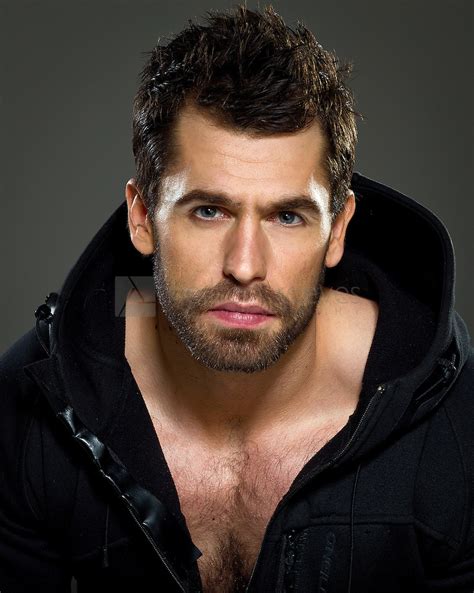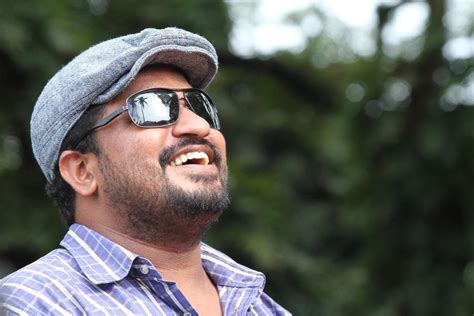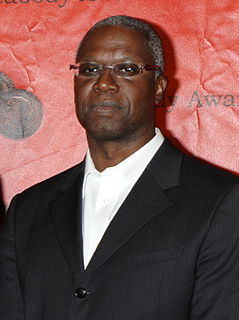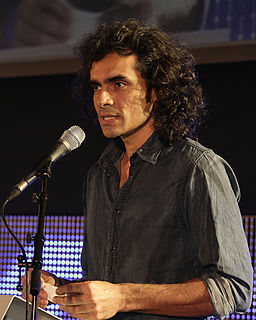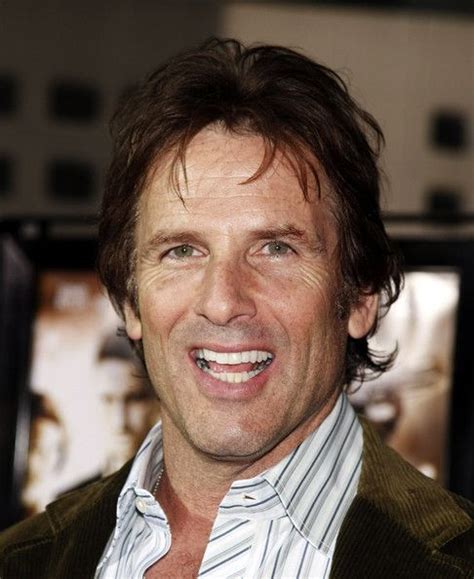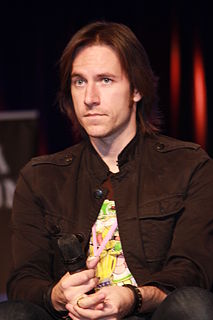A Quote by Kelvin Fletcher
As an actor I can bring the story, the narrative in each performance. If I can't do that, then... might as well give up as an actor, hadn't I?
Related Quotes
If you're a certain type of actor, then eventually stepping into a director's shoes is a natural transition. I've always been the actor who's very focused on the narrative, where my character is in the story, and how I can benefit the story. I've always had a technical aspect of what the lens is, how the camera is going to move, how I can feed the information the director applies within that move. If you're that type of actor, narrative-based, technically proficient, the next step is actually not that far.
The director is the most important because, ultimately, as an actor, when you watch a movie, it looks like an actor is giving a performance, and they kind of are. But, what's actually happening is that an actor has given a bunch of ingredients over to a director, who then constructs a performance. That's movie-making.
As an actor, I'm allowed - encouraged! - to explore emotions that have been basically unacceptable in my life. I have a huge well of emotional stuff, and once I give myself permission as an actor, it all comes to the surface. But I'll be damned if I can give myself permission to bring it out as a man.
My story about becoming an actor is a completely non-romantic one. I became an actor because my parents were actors, and it seemed like a very... I knew I was going to act all my life, but I didn't know that I was going to be a professional actor. I thought I was just going to work as an actor every now and then.
Certainly as an actor, half of your work is not going to end up on the screen anyway, because in the editorial process, they need to cut to the other actor in the scene. Very often, your best work ends up on the cutting room floor, because it just doesn't work with the overall narrative drive of the story.
Frequently over the years, people have thought that they know me. Every character actor has this story, I'm sure. It goes like this: 'Um, do you play soccer?' 'Did you go to such and such church?' 'I knew you when you were with so and so... ' Then I go, 'Well, sorry...' and then they say, 'Wait a minute. Are you an actor?'
The truth is, an actor's performance is the result of work by a lot more people than just the actor. When you see that character portrayed up on screen, there is the work certainly of the actor, but there's the work of the editor, there's the work of what the camera was doing. What the music was doing, all of the above.
